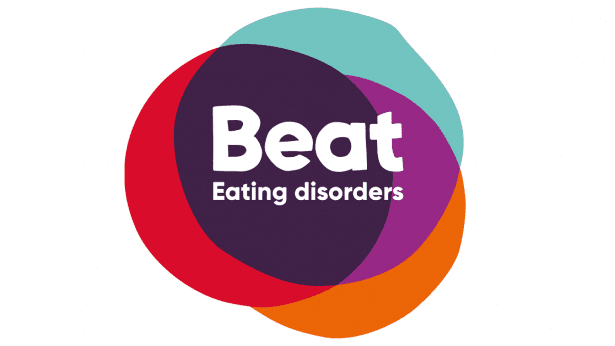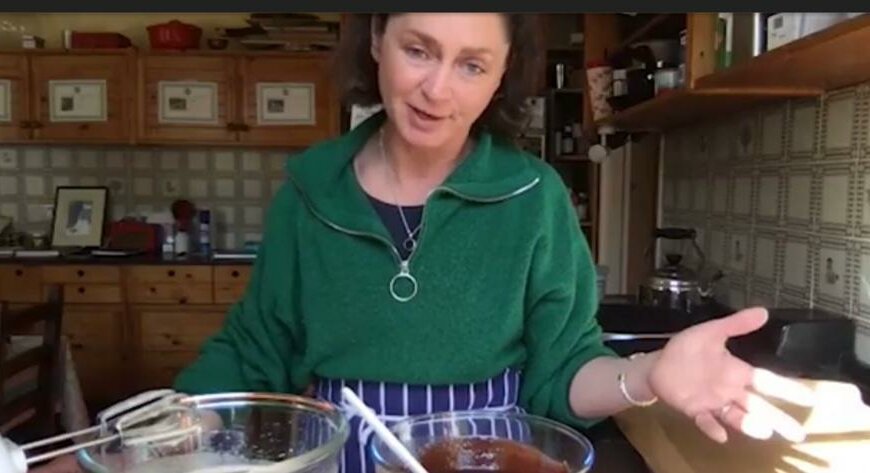ON November 5, the UK entered a second national Covid lockdown, which means all non-essential stores and businesses have had to shut their doors for a month.
Sam Boal has been speaking to several about how they are coping – and found a mixture of frustration, anger and worry … and just a little optimism for some light at the end of the tunnel.
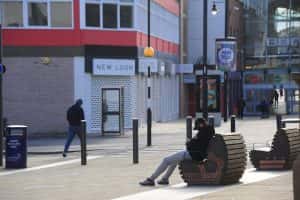
THE first lockdown saw devastating damage for some small businesses, with a large number of independent stores, restaurants, bars and more across the country shutting their doors for good.
Due to the new restrictions, weddings are now on hold again, meaning brides won’t be buying wedding dresses and they won’t be able to have any fittings.
Tracey Waters, 47, owner of Misty Waters, is a dressmaker and designer in Sunderland who specialises in wedding dresses. She said: “I may have to give the shop up in January if things don’t improve.
“It hasn’t changed much, but more weddings have been cancelled, meaning there are even more upset brides.
“I am still doing alterations or other jobs while keeping safe. I’m also making memory bears and cushions.
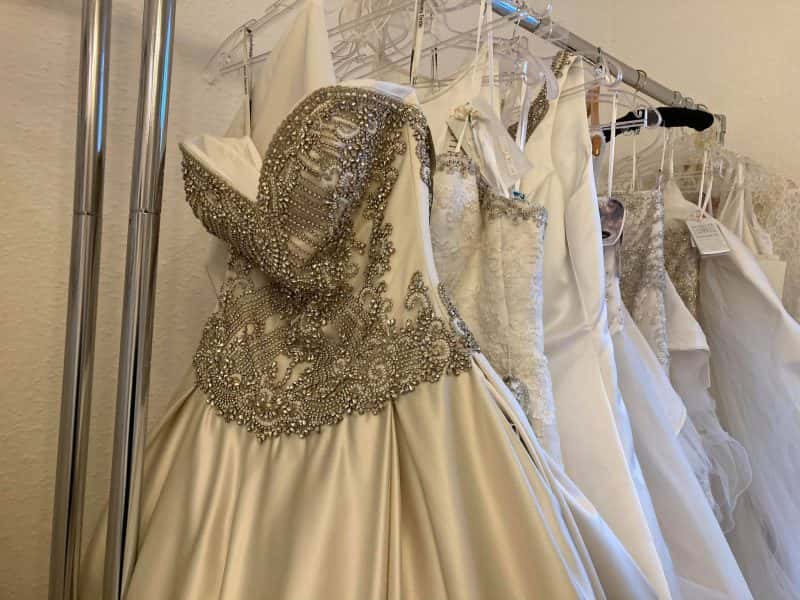
Harry’s Game Shack, an online gaming café and arcade in Sunderland, is one of the independent businesses which survived the first lockdown.
Dani Pilmore, 34, who works there, said: “Because of the first lockdown we are a little more prepared this time round. Although the store is closed, we are still able to host online tournaments. So, we are quite lucky in that way.”
Other businesses aren’t as lucky, and are unable to carry on at all through the new restrictions, such as hair and beauty salons.
Debra Anne Adamson, 49, owns Cloud 9 Hair & Beauty in Sunderland and said: “The negative impact on my business is financial, and the uncertainty for the future of when we can reopen. The Government says December 3, however that could change if the R-rate doesn’t reduce.
“Also, as a business owner, I don’t know whether I’m coming or going. I worked very long hours when we first opened on July 4, and then I seemed to have caught up and Pow!, once again, had to shut for two weeks as a lady who came in salon tested positive, which meant no income at all for two weeks!
“Again, reopening meant long hours which, again, was mentally and physically exhausting. Once again, I caught up. Then – one month after I reopened for the second time – we enter another lockdown.
“At least this time I had a few days to bring appointments forward, but again there were long, long hours and I was exhausted. When we closed again, I was asleep all the next day!”
Mrs Adamson believes that the Government still hasn’t taken hairdressers seriously, and should give salons more support.
“Statistics show we are not showing high number of cases in salons, so they should not have closed us,” she said.
“I think our mental health will most certainly suffer. The loss of earning for business will also impact my future, as I’m so wary of spending anything at the moment, as the little I have saved I may have to use again to live on until the Government releases some form of grant, which as yet is nothing.
“The uncertainty is worrying in all hair and beauty industry. Help should be provided for special circumstances in self-employment.”
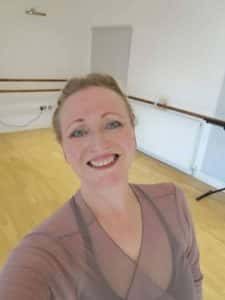
Activities outside school and work have also been put on hold.
Emily Wallace, 45, owner of Sunderland Ballet School has had to start conducting dance classes online again rather than in her studio.
She said: “Things are difficult at the moment. We had got going again by carefully adapting to social distancing and other risk mitigation procedures.
“This meant I was only able to have five students dancing at a time in my small studio, and they had to keep to two-metre squares, but at least we were able to continue.
“Now classes are online again, which doesn’t suit everyone: some students have opted to take a break.
“But everyone is looking forward to some normality, and when this nightmare is over, I hope lots more people will come and dance with us.”

